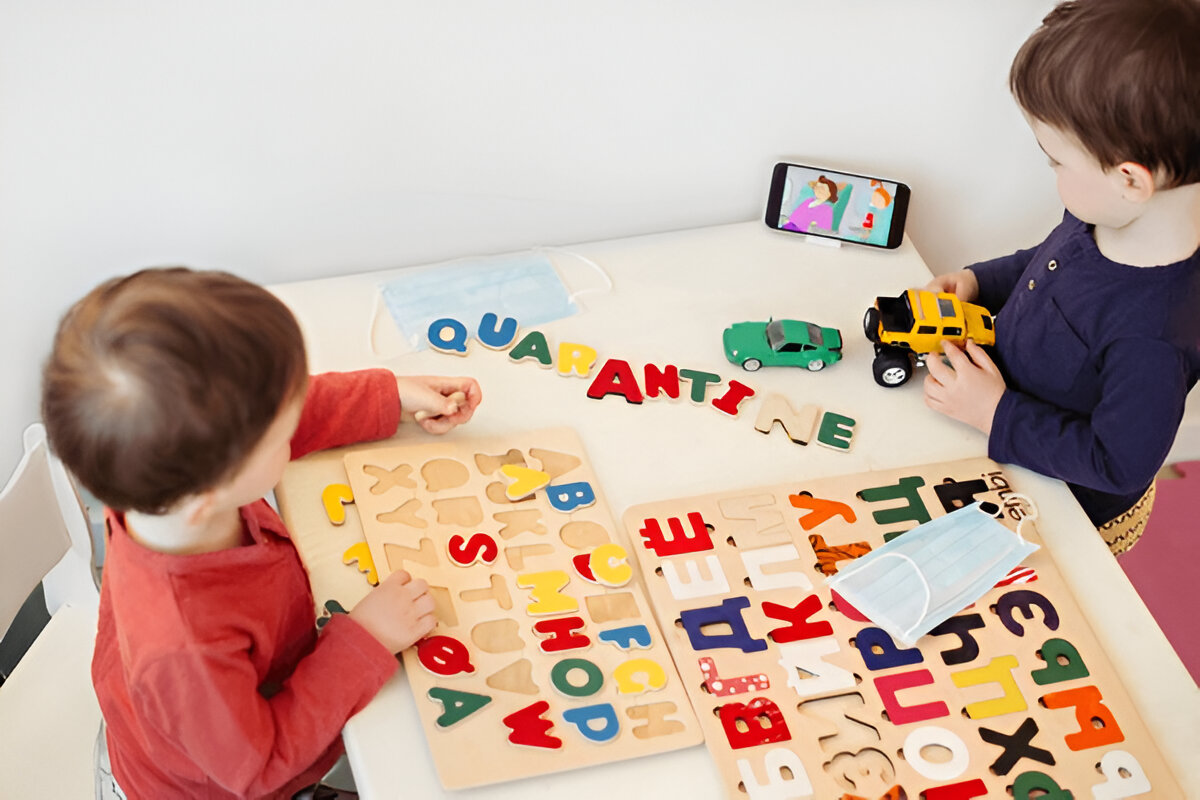Ensuring your newborn baby receives timely vaccinations is one of the most important steps in safeguarding their health. The newborn baby vaccination chart provides a structured schedule for immunization, protecting your little one from potentially serious diseases. This guide will walk you through the recommended vaccines, their importance, and when your baby should receive them..
Why Are Vaccinations Important for Newborns?
Vaccinations are essential in protecting newborns from severe infections and life-threatening diseases. A baby’s immune system is still developing, making them highly vulnerable to various illnesses. Immunizations help by introducing weakened or inactive forms of harmful pathogens, enabling the body to build immunity without causing the disease itself.
Moreover, widespread immunization contributes to herd immunity, reducing the spread of diseases in the community. This not only protects your baby but also safeguards those who may be unable to receive vaccines due to medical reasons.

Understanding the Newborn Baby Vaccination Chart
The vaccination chart for newborns outlines the essential vaccines recommended by health authorities such as the World Health Organization (WHO) and the Centers for Disease Control and Prevention (CDC).
Below is the outline for baby vaccine schedule ensures that babies receive protection at the right time.
At Birth
| S.No | Vaccination | Benefits |
| 1 | BCG (Bacillus Calmette-Guerin) | Protects against tuberculosis (TB) |
| 2 | Hepatitis B (First Dose) | Prevents hepatitis B, a serious liver infection |
| 3 | Oral Polio Vaccine (OPV) – Zero Dose | Provides early protection against polio |
6 Weeks Old
| S.No | Vaccination | Doses |
| 1 | DTaP (Diphtheria, Tetanus, and Pertussis) | First Dose |
| 2 | Hepatitis B | Second Dose |
| 3 | Haemophilus Influenzae Type B (Hib) | First Dose |
| 4 | Polio (IPV/OPV) | First Dose |
| 5 | Pneumococcal Conjugate Vaccine (PCV) | First Dose |
| 6 | Rotavirus | First Dose |
10 Weeks Old
| S.No | Vaccination | Doses |
| 1 | DTaP (Diphtheria, Tetanus, and Pertussis) | Second Dose |
| 2 | Hepatitis B | Third Dose |
| 3 | Haemophilus Influenzae Type B (Hib) | Second Dose |
| 4 | Polio (IPV/OPV) | Second Dose |
| 5 | Pneumococcal Conjugate Vaccine (PCV) | Second Dose |
| 6 | Rotavirus | Second Dose |
14 Weeks Old
| S.No | Vaccination | Doses |
| 1 | DTaP (Diphtheria, Tetanus, and Pertussis) | Third Dose |
| 2 | Haemophilus Influenzae Type B (Hib) | Third Dose |
| 3 | Polio (IPV/OPV) | Third Dose |
| 4 | Pneumococcal Conjugate Vaccine (PCV) | Third Dose |
| 5 | Rotavirus | Third Dose |
6 Months Old
| S.No | Vaccination | Doses / Benefit |
| 1 | Hepatitis B | Fourth Dose |
| 2 | Influenza Vaccine (Annual Dose Begins) | Protects against flu |
9 Months Old
| S.No | Vaccination | Doses / Benefit |
| 1 | Measles, Mumps, and Rubella (MMR) | First Dose |
| 2 | Typhoid Conjugate Vaccine (TCV) | One time |
| 3 | Meningococcal Vaccine (MCV) | First Dose |
12-15 Months Old
| S.No | Vaccination | Doses / Benefit |
| 1 | Measles, Mumps, and Rubella (MMR) | Second Dose |
| 2 | Varicella (Chickenpox) | First Dose |
| 3 | Hepatitis A | First Dose |
| 4 | PCV Booster Dose | Booster Dose |
16-18 Months Old
| S.No | Vaccination | Doses / Benefit |
| 1 | DTaP Booster | Booster Dose |
| 2 | Hib Booster | Booster Dose |
| 3 | Polio Booster | Booster Dose |
| 4 | Hepatitis A | Second Dose |
2 Years and Beyond
| S.No | Vaccination | Doses / Benefit |
| 1 | Typhoid Booster | Every 3 Years |
| 2 | Meningococcal Vaccine | Second Dose |
| 3 | Annual Influenza Vaccine | Annual |
Common Side Effects of Vaccinations
Most vaccines are safe and well-tolerated, but some babies may experience mild side effects, including:
- Mild fever
- Redness or swelling at the injection site
- Fussiness or irritability
Serious side effects are rare, but if your baby experiences high fever, persistent crying, or difficulty breathing, seek medical help immediately.
Tips for Parents: Making Vaccination Easier for Your Baby
- Keep a Vaccination Record – Maintain a vaccination chart to track your baby’s immunization schedule.
- Comfort Your Baby – Cuddle, breastfeed, or offer a pacifier to soothe them during and after the shots.
- Be Prepared for Mild Reactions – Have infant paracetamol on hand in case of mild fever or discomfort.
- Follow Up with Pediatricians – Keep up with regular doctor visits to ensure your baby stays on track with vaccinations.
- Educate Yourself – Stay informed about vaccine updates and new recommendations from healthcare authorities.
Final Thoughts
Vaccinations are a crucial part of your newborn’s health journey. The newborn baby vaccination chart ensures your child receives the necessary protection at the right time, giving them the best start in life. By staying proactive and informed, parents can help prevent serious illnesses and promote a healthy future for their little one.
Make sure to consult your pediatrician for personalized guidance and adhere to the recommended immunization schedule for optimal results. A well-vaccinated baby is a happy and healthy baby !!





